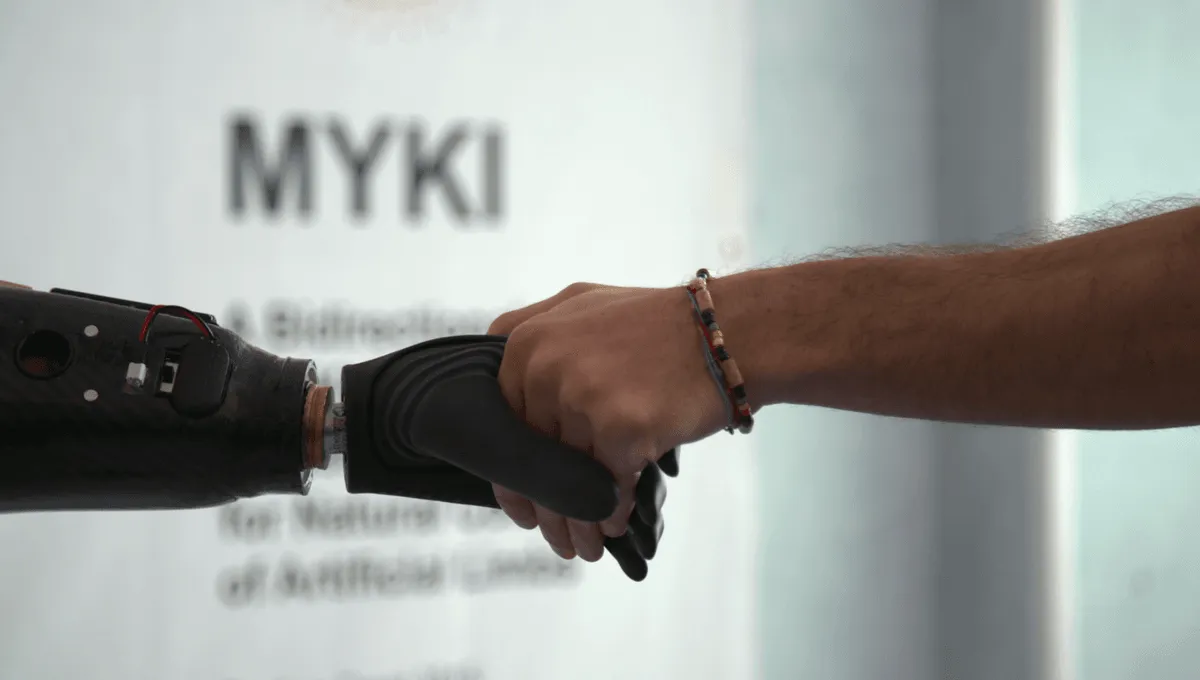The Future of Prosthetics: Magnet-Controlled Prosthetic Hands for Amputees

Revolutionizing Prosthetics with Magnetic Technology
Prosthetic limbs are undergoing a transformation, thanks to innovative magnetic advancements. The first magnet-controlled prosthetic hand allows amputees to control finger movements using their minds. Unlike conventional prosthetics that rely on wires and electric signal pathways, this technology harnesses magnets for precision and responsiveness.
Benefits of Magnet-Controlled Prosthetics
- Enhanced control for users, leading to more natural movement.
- Reduced complexity in the design, making it easier to manufacture and use.
- Increased comfort for amputees, as the device adjusts to their commands seamlessly.
By integrating state-of-the-art technology, this prosthetic revolution supports independence and a better quality of life for amputees.
Challenges Ahead in Prosthetic Development
Despite these advancements, challenges remain, including ensuring accessibility and widespread adoption of magnet-controlled prosthetics. Further research and development are needed to address these concerns and promote innovation throughout the industry.
This article was prepared using information from open sources in accordance with the principles of Ethical Policy. The editorial team is not responsible for absolute accuracy, as it relies on data from the sources referenced.